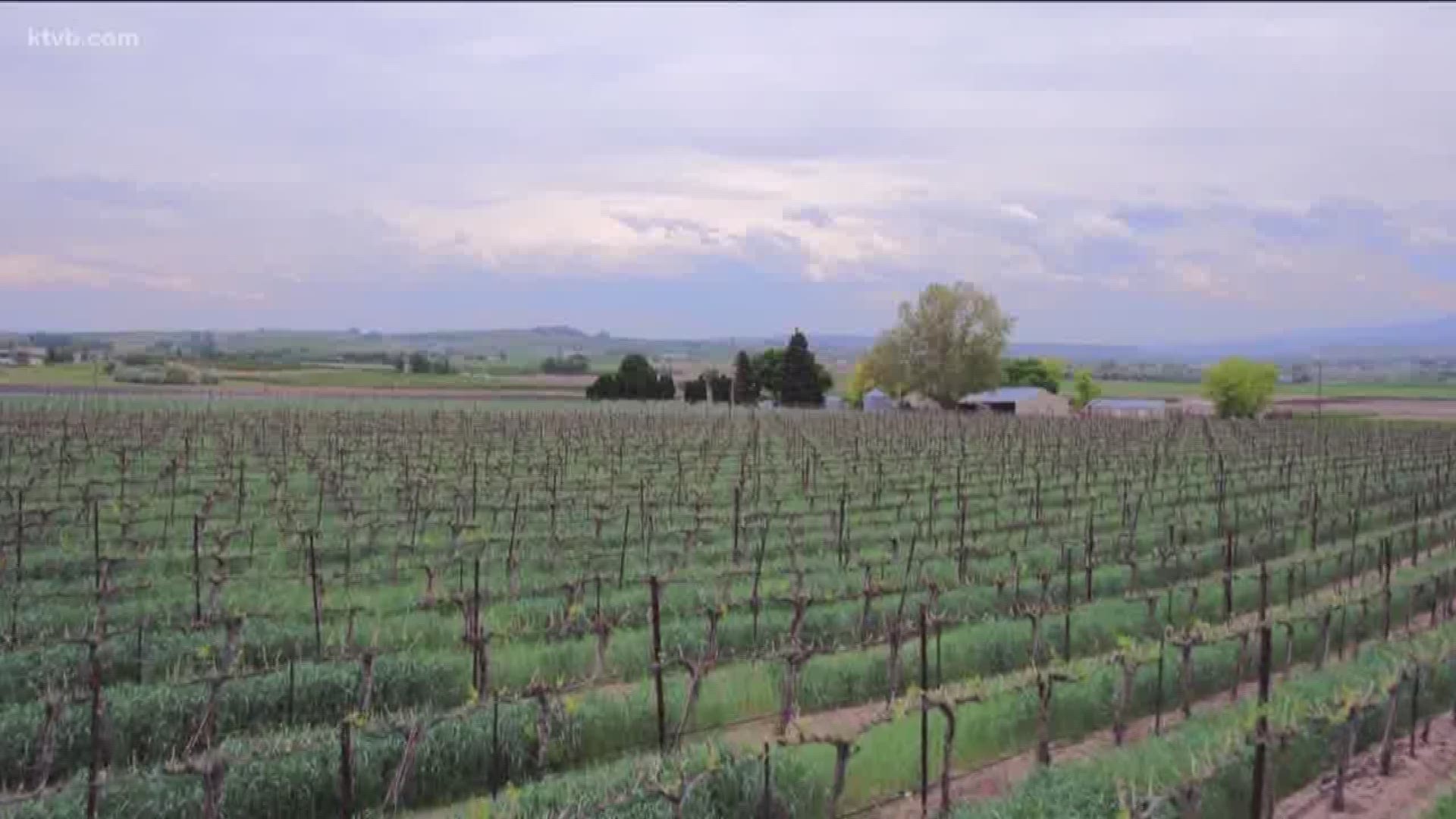Agriculture is one of the main driving forces when it comes to the state of Idaho’s economy. The University of Idaho says annually, agriculture brings in more than $25 billion in total sales. They also report, one in every seven jobs are in the agriculture industry.
Now, to keep agriculture booming globally and nationwide, NASA has stepped in to help. Over the last two decades scientists at NASA have gathered data from several satellites orbiting the earth. Scientists are using the data to study the growth of plants both in the ocean and on land.
“What we see in the interior portion of the West is that spring is coming earlier, fall is coming later and the growing seasons are getting longer,” Dr. Compton Tucker, an earth scientist at NASA said.
Dr. Tucker has studied the health of the earth’s ecosystems for 20 years. He’s seen the changes in agricultural production firsthand, not only in the United States, but all over the world.
“We have excellent data from the U.S. with regard to what crops are being produced, where, and how much, but we don't have this data elsewhere. So it's important to have a global view of agricultural production,” Dr. Tucker said.
The 20-year visualization done by NASA shows the global view, which is crucial for Idaho farmers as those markets play into global crop prices.
“Farmers here have a very good idea what they're doing, precision agriculture is working very well in our country, but we need information outside of the U.S. so we understand these global market conditions,” Dr. Tucker said.
One thing Dr. Tucker found interesting was the number of countries that underwent a severe drought and never reported it.
“They wanted to hide the fact, I guess, or they wanted to obscure that they had a very low agricultural production, so this wouldn't influence global crops prices by making them rise for crops which they would have to import,” Dr. Tucker said.
NASA plans to continue to study the earth’s ecosystems and how it can impact agriculture in the future.

